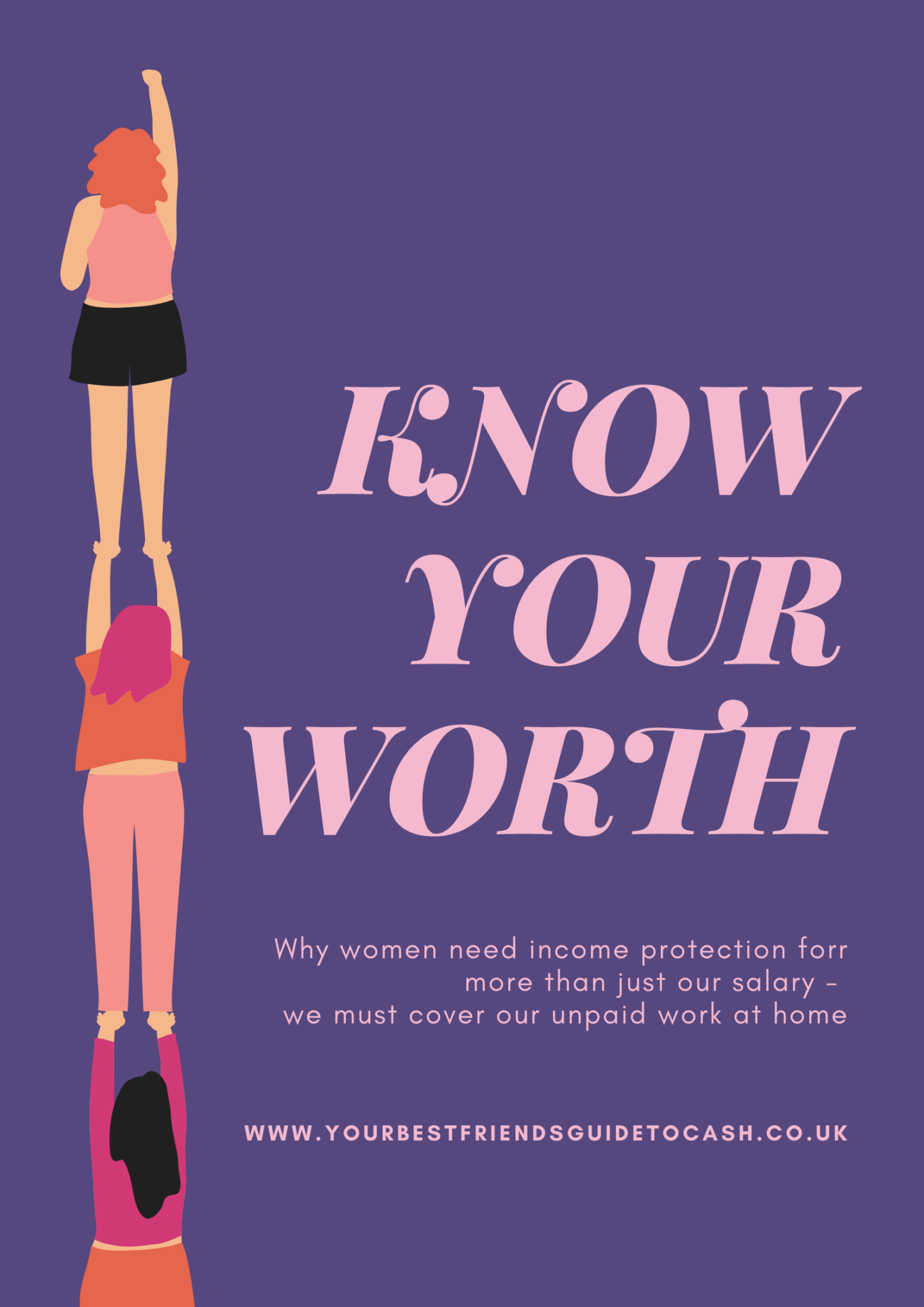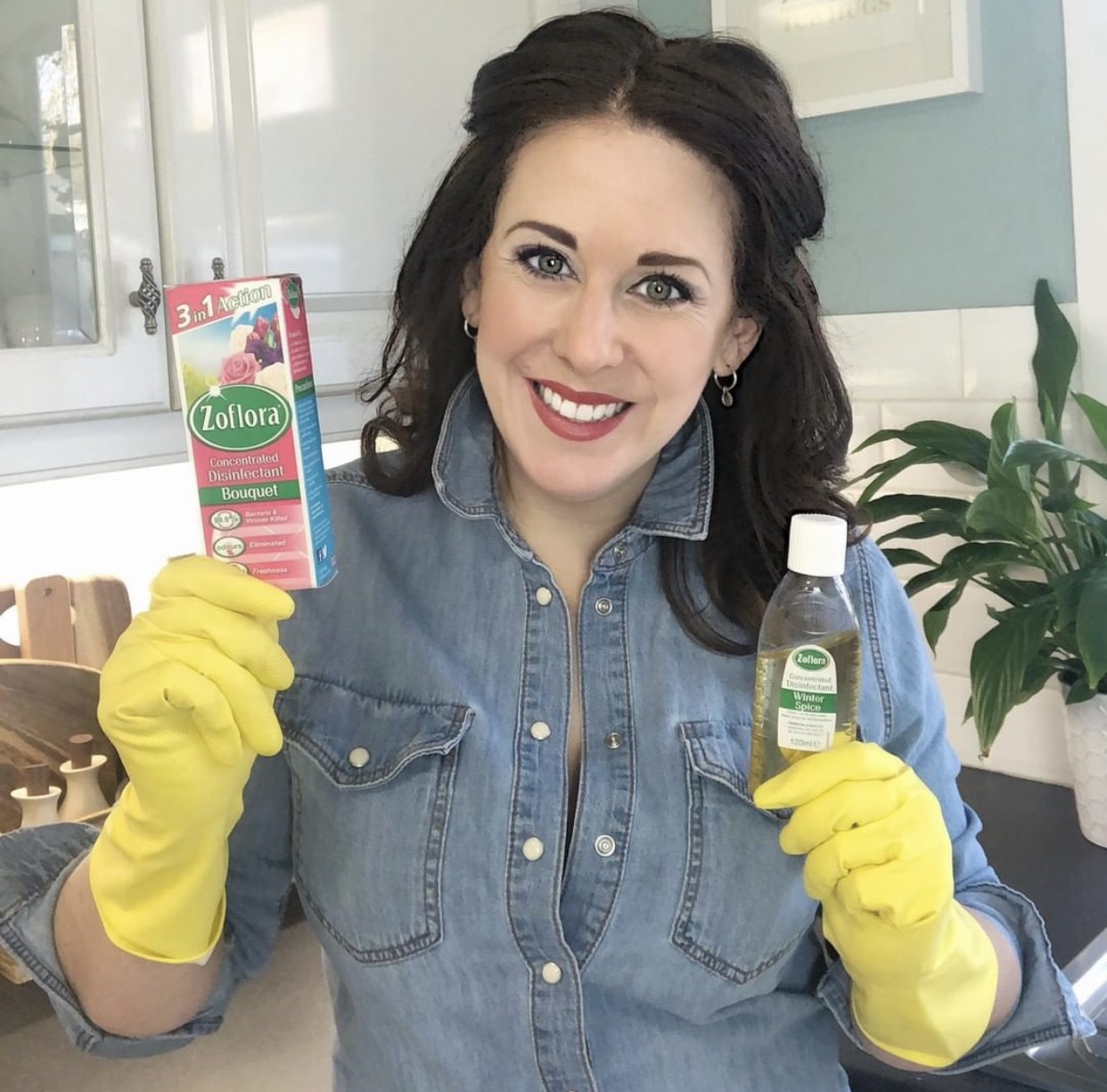
Ladies, have you ever thought about how much unpaid work that you do around the house? Of course you have – we’ve all done it, although, I’m willing to bet that it’s been during a moment of rage at our other halves when they have failed to unload the dishwasher yet again.
Well, there is good reason for your sense of injustice, women do an average of 26 hours a week of unpaid work in the home, compared with the 16 hours completed by men, according to ONS research.
My guess is that this has become even more pronounced given the pandemic and the closure of schools and afterschool clubs.
If you are in any doubt of the amount of unpaid work that you are contributing to your household, the Office for National Statistics has a handy calculator that will show you just what your efforts are worth.
Check it out, the results may surprise you.
But while these figures are great for providing cold, hard facts for you to share during your next row over domestic chores with your partner (you can thank me later), have you ever thought about who would do all that if you weren’t able to?

What would happen if you became too sick to do the chores, childcare and cooking?
Say you were suffering from a long-term illness such as cancer and were bedbound or in hospital for treatment, would your other half have to leave their full-time job to care for the kids – or fork out for costly childcare should they continue to work?
WHAT IF YOU ARE A SINGLE PARENT LIKE ME?
I am the only adult in this household, and I’ve started thinking of myself as a “double parent” as I really have to do everything myself – and have twice as much domestic work on top of my full-time job.
And like 51 percent of women, I’m the breadwinner in this house – if I can’t bring home the bacon, I’d be stuffed.

I hate to say it, but I suspect I am not the only one – especially given the fact that we are five times more likely to go off on long-term sick leave than die during our working lives.
What’s more, figures from brokers Lifesearch show that just one in eight of us have six months’ worth of savings stashed away to cover the cost of being out of work.
However, given that many households have struggled to cope with the financial implications of Covid-19 whether due to job loss, being furloughed or suffering from the virus, I’m willing to bet that even those who did have a hefty emergency fund in place might be running out of that extra cash by now.
According to Lifesearch, people dramatically overestimate the amount of state aid we would receive if we get signed off work long term: Statutory Sick Pay is just under £96 a week.
Not exactly enough to cover all your expenses, now is it?
If you need any more convincing, check out this handy infographic from Lifesearch for some great stats.

DON’T PANIC
But I’m not telling you all this to scare you or send you into a blind panic.
The good news is that there is a way to protect your income should you develop health problems and it’s easier – and more affordable – than you might think.
Income Protection (IP) is a type of insurance designed to cover you in times of hardship and you’ll receive 50-70% of your salary via regular payments for as long as you need them to keep food on your table and a roof over your head should you be too ill to work.
Like any insurance, always shop around before you purchase a policy, or do what I did, and use a protection broker such as LifeSearch to do the hard work on your behalf.
I first took out my policies in 2008 through Lifesearch and have been with the firm ever since due to the great customer service I’ve had, especially given my complicated medical history. Plus, I have been able to get further advice when major life changes occurred – having a baby or my marriage ending, for instance – as my protection needs have changed as a result.

HERE IS WHAT YOU CAN DO
So how can you ensure you are properly protected should you find yourself out of work due to an accident or sickness?
How much cover is enough? And how much is it going to set you back each month?
A good rule of thumb should be enough to pay any bills and provide money so your family will be financially secure.
Like any insurance, it is crucial that you shop around before you purchase a policy.
Never assume that your bank or broker will offer you the best deal as many are usually tied to just one provider and can be very expensive.
Policies are priced according to your age, general health and the amount you want to receive if you must make a claim – the younger you are, the cheaper it is.
When calculating how much cover you need, it makes financial sense to consider all the monthly outgoings you pay every month.
As well as your mortgage, rent or loan commitments, you must include those everyday essentials such as council tax, utility bills and the weekly food shop.
Fail to do so and you could still end up in debt trying to meet your other commitments.
Also bear in mind that we are all living longer so it is crucial to think past traditional retirement age or your mortgage term when taking out a protection policy to ensure that you don’t come up short.
It is also worth considering the changing state pension age as it increases for both men and women to 66 by October 2020.
It will rise again to 67 between 2026 and 2028.
The good news is that it is not going to break the bank – often costing less than a monthly gym membership.

It may be tempting to opt for a critical illness policy instead of income protection in a bid to cut costs but be careful.
While these types of insurance policies complement each other, they do different things and cover different risks, so it is important to carefully consider both before making a purchase.
If you have a heart attack, for instance, and return to work after six months, a critical illness policy would have paid the lump sum, where income protection payments would stop when you go back to work – if you go back at all.
NOW IS THE TIME TO OVERSHARE
Be completely honest in your answers to all the questions on the application, for example your medical history, otherwise the policy could be worthless.
You might feel that you are over sharing, but if you hold something back it could really affect whether the insurer pay out in the event of a claim.
Follow me on social media